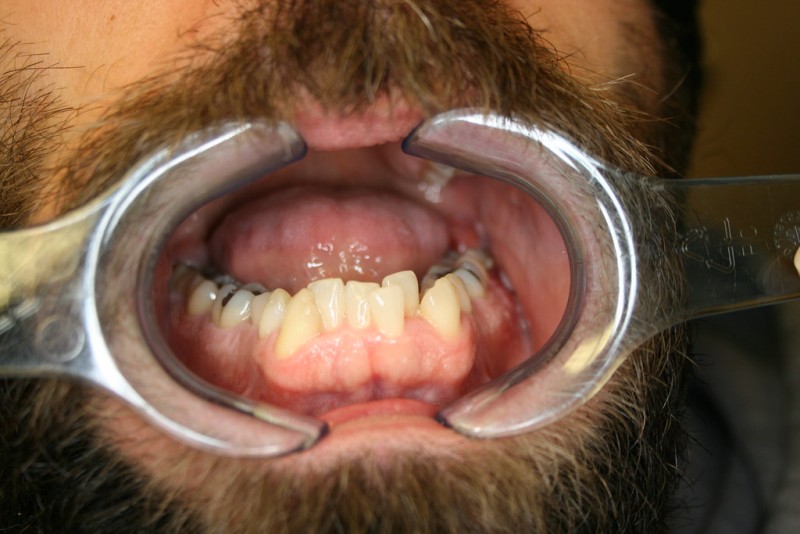
Oral cancer is a serious health condition that affects thousands of people each year. Early detection is crucial for successful treatment. In this comprehensive guide, we'll explore the key signs and symptoms of oral cancer and how to recognize them.
Before we dive into the symptoms, let's first understand what oral cancer is.
Oral cancer refers to cancer that develops in the mouth, including the lips, tongue, cheeks, and throat. It can be life-threatening if not detected and treated early.
Certain risk factors can increase your chances of developing oral cancer. These include:
Tobacco products, including cigarettes, cigars, and chewing tobacco, significantly raise the risk of oral cancer.
Excessive alcohol consumption is another major risk factor associated with oral cancer.
Human papillomavirus (HPV) infection has been linked to an increased risk of oral cancer.
Early detection is key to improving the chances of successful treatment. Here are the signs and symptoms of oral cancer you should be aware of:
If you have a sore in your mouth that doesn't heal within two weeks, it could be a warning sign.
Unusual red or white patches in the mouth, on the lips, or on the tongue should be examined by a healthcare professional.
Any unexplained bleeding in the mouth, throat, or gums should not be ignored.
Numbness or tingling in the mouth or tongue can be a symptom of oral cancer.
Persistent difficulty swallowing, also known as dysphagia, should be evaluated promptly.
If you experience chronic hoarseness or a change in your voice, consult a healthcare provider.
Unexplained earaches, particularly if they are persistent, may be associated with oral cancer.
Any lumps, thickening, or rough spots in the mouth or on the neck should be examined by a dentist or doctor.
A persistent sore throat that doesn't improve with time or treatment should be investigated.
Routine dental check-ups are essential for early detection. Dentists are often the first to spot signs of oral cancer during oral exams.
Performing self-examinations can also be helpful. Here's how:
With good lighting, use a mirror to examine your mouth, lips, tongue, and the inside of your cheeks.
Check for any of the symptoms mentioned earlier, such as sores, patches, or lumps.
If you notice any unusual changes, consult a healthcare professional promptly.
Oral cancer is a serious condition that requires early detection for effective treatment. By understanding the risk factors and recognizing the warning signs, you can take proactive steps to protect your oral health. Regular dental check-ups and self-examinations are crucial for early intervention and improved outcomes.
Almonds or peanuts, what is more beneficial for health?